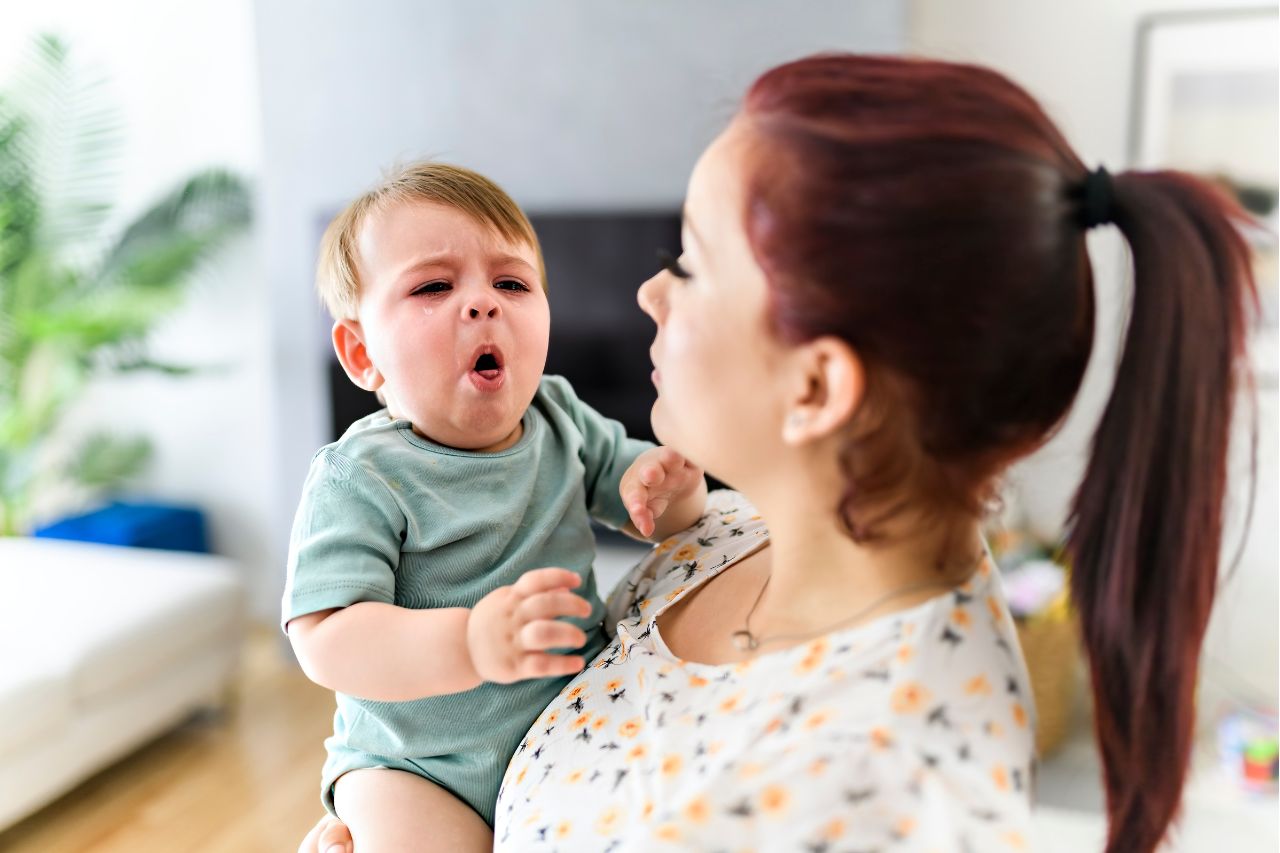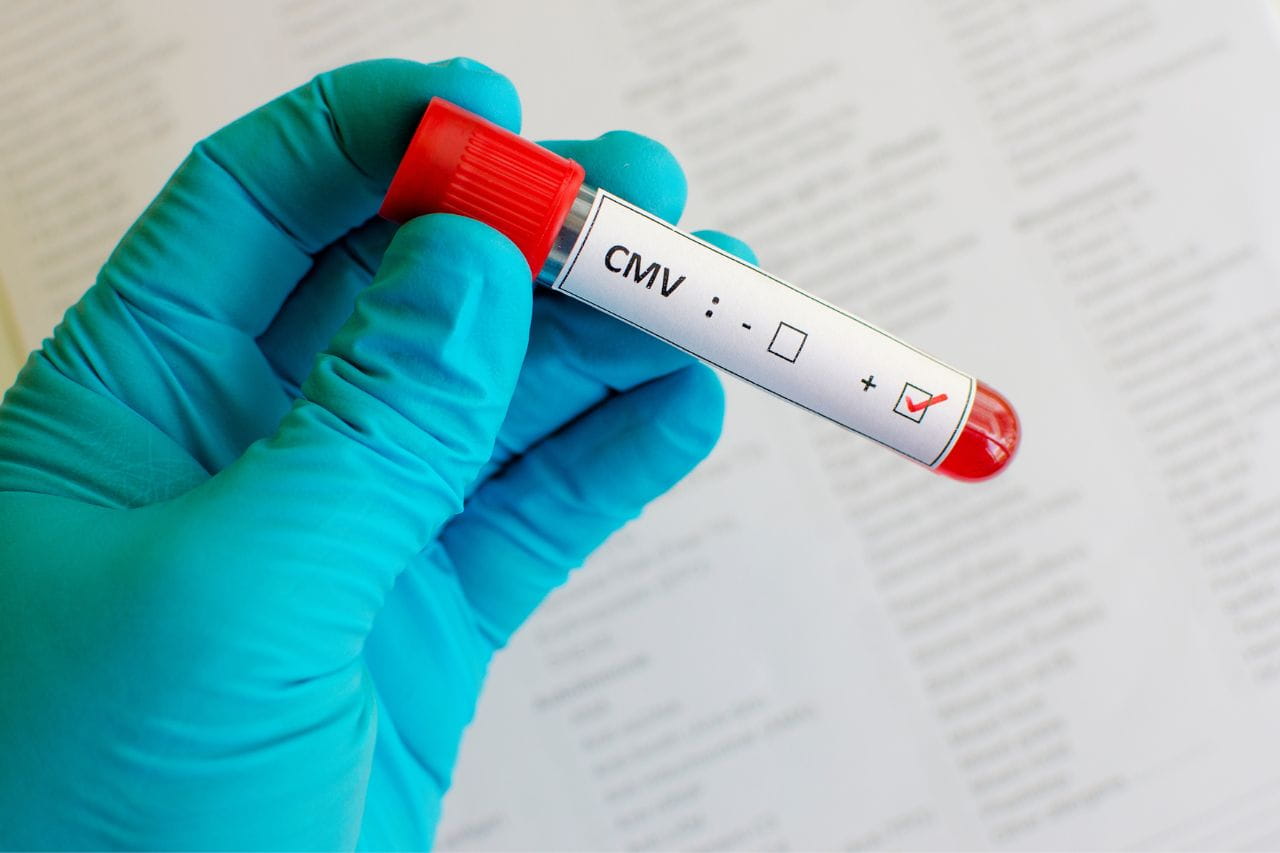Whooping Cough Outbreak: What You Need To Know

Whooping cough, also called pertussis, is a contagious respiratory tract infection. It causes severe coughing, followed by vigorous inhalations that make the characteristic “whoop” sound that gives the condition its name.
The whooping cough vaccine, which became widely available in the 1940s, has historically reduced the risk of severe illness to children too young to complete their entire course of immunizations. However, cases have surged recently. Experts suspect the increase may be linked to the pandemic when many parents were concerned about taking their young children to the doctor for vaccinations and exposing them to illnesses there.
This article provides important information about whooping cough, including its causes and symptoms, and who is at an elevated risk of contracting the illness.
Whooping Cough Causes
Whooping cough is caused by a bacteria called Bordetella pertussis. The illness spreads from person to person through droplets from coughing or sneezing.
When the bacteria enter the upper respiratory tract, it attaches to hair-like structures called cilia. Then, it releases toxins that cause irritation and swelling of the airways.
Whooping Cough Symptoms
People infected with whooping cough develop symptoms in around a week. They’re typically mild at first and similar to the common cold, including:
- Nasal congestion
- Runny nose
- Fever
- Cough
- Red, watery eyes
The symptoms tend to worsen as mucus accumulates in the airways. Coughing becomes more vigorous and often occurs in long, uncomfortable episodes.
Prolonged coughing can lead to symptoms like:
- Red or blue face
- Extreme fatigue
- Vomiting
- The “whooping” sound after coughing
- Bruised or cracked ribs
- Abdominal hernias
- Broken blood vessels in the skin or whites of the eyes
Symptoms can persist for several months. In China, the illness is sometimes called the 100-day cough for this reason.
While most people recover from whooping cough, it can be fatal. Up to 20 babies a year die from whooping cough.
Who Is at Risk of Severe Cases of Whooping Cough?
The whooping cough vaccine given to children wears off over time, so anyone can contract the illness. However, babies have a higher risk of developing severe cases of whooping cough due to not being vaccinated and the smaller size of their airways.
Complications for infants who contract the illness can include:
- Pneumonia
- Dehydration or weight loss due to problems feeding
- Seizures
- Breathing difficulties
- Brain damage
People with weakened immune systems or underlying health conditions also have a higher risk of severe illness. This often includes older adults.
Pregnant people can help protect their babies from whooping cough by getting the Tdap vaccine between weeks 27 and 36 of their pregnancy. The vaccine causes the body to develop antibodies that it passes to the unborn child, providing a degree of protection until the baby can be vaccinated.
Talk With Your Baptist Health Doctor About Whooping Cough
Whooping cough can cause significant symptoms; in rare cases, it can be fatal for babies. Older adults and people with weakened immune systems also have a higher risk of severe illness. Declines in vaccinations during the pandemic may be leading to a higher incidence of the condition.
If you have questions about protecting yourself and your family from whooping cough, talk with your Baptist Health physician or your child’s pediatrician. You can find a doctor using our online provider directory.



